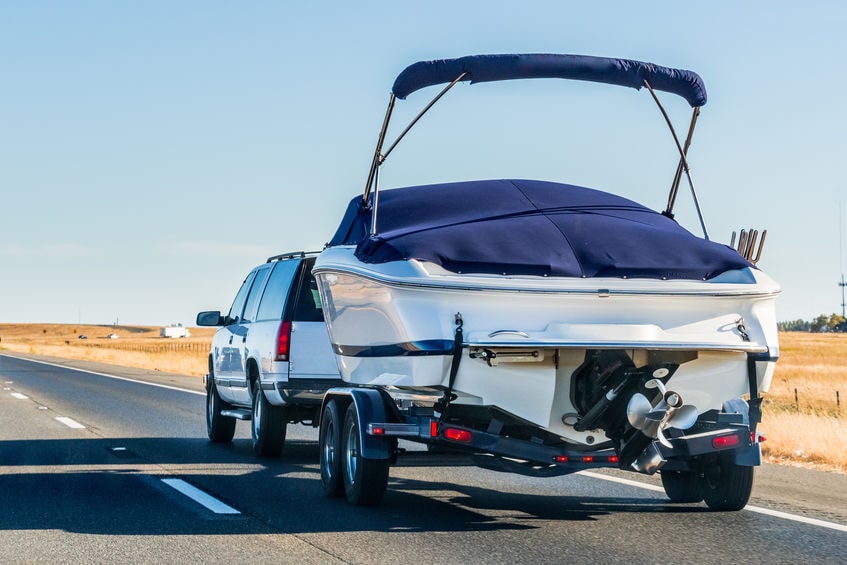 Are you trying to determine the best trailer hitch setup for your application? It takes more than knowing your tow vehicle’s year, make, and model to make an informed choice. Once you’ve gathered essential information from Trailer Hitch Clinic Part 1: You Need More than a Ball, you can then more easily determine the right trailer hitch setup for your task.
Are you trying to determine the best trailer hitch setup for your application? It takes more than knowing your tow vehicle’s year, make, and model to make an informed choice. Once you’ve gathered essential information from Trailer Hitch Clinic Part 1: You Need More than a Ball, you can then more easily determine the right trailer hitch setup for your task.
Getting Schooled on Hitch Class
There are five different trailer hitch classes, each determined by their weight ratings. Manufacturer testing determines ratings, which do not reflect the towing capacity of your vehicle (some may exceed its towing capacity). Your vehicle may have more than one option to choose from. Understanding the five different classes of trailer hitches can help you find the one that is right for your towing task:
- Class 1
Up to 2,000 lbs. Gross Trailer Weight (GTW)
1 ¼ inch receiver tube
Best for use with sub-compact, compact, and mid-size cars. - Class 2
Up to 3,500 lbs. GTW
1 ¼ inch receiver tube
Commonly used with small cars and light SUVs. - Class 3
3,500 to 12,000 lbs. GTW
2 inch receiver tube
The most common hitch used on the road today, found on everything from full-size cars to full-size trucks towing boats and pop-up campers. - Class 4
8,000 to 14,000 lbs. GTW
2 inch receiver tube
For use with larger trucks and trailers holding heavy construction equip, large camping trailers, etc. - Class 5
16,000 to 20,000 lbs. GTW
2 to 2 ½ inch receiver tube
For extremely heavy duty towing and large tow vehicles, such as half to 1-ton trucks, dually, and chassis cab trucks.
Important Factors to Consider When Selecting a Trailer Hitch
To determine the best hitch for the job, carefully consider how much your trailer weighs and the vehicle you will be towing it with. Remember, like The Little Engine that Could, your tow vehicle determines the amount of weight you can haul. Your hitch setup determines the weight you can tote without a highway incident (hello, roadside assistance), as does your trailer payload capacity.
Weighing Your Options
If you are unsure about the weight of your tow vehicle, trailer, or cargo, consult an Ainsworth Trailer Repair pro, or take them to a certified scale. This essential information can help you determine if you also need heavy duty towing accessories such as brake control, sway control, or a weight distribution system. A weight distribution system may increase the towing capacity of Class 3, 4, and 5 setups.
Upping the Ante
Depending on the coupling style of your trailer, you may need additional equipment such as a gooseneck or 5th wheel hitch. These are commonly used with larger payloads. They are capable of carrying more weight than a bumper pull hitch setup and can do so without swaying, wobbling, and destabilizing your tow vehicle because they center the weight, making them ideal for long hauls.
Take a load off. Ensure the right hitch setup for the job with the expert help of Ainsworth Trailer Repair today.



